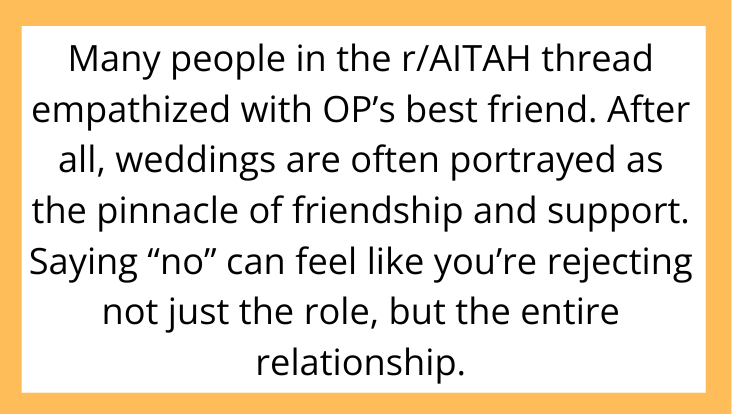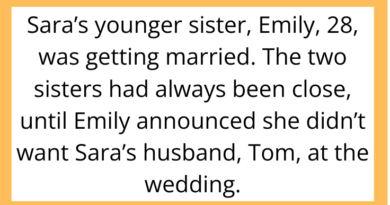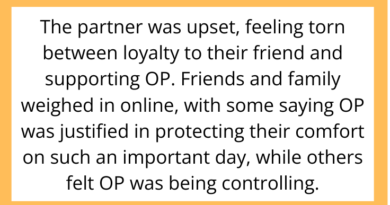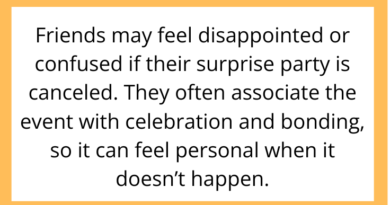AITAH for Telling My Best Friend I Don’t Want to Be Her Maid of Honor?
When I read this story on r/AITAH, I couldn’t stop thinking about the emotional tug-of-war between loyalty to a friend and honoring your own limits. The poster (let’s call her OP) asked if she was in the wrong for declining her best friend’s request to be maid of honor—a role she felt unprepared and unwilling to take on.
This dilemma raised big questions: Are you obligated to say yes to your best friend’s biggest day? Or is it fair to set boundaries, even if it means disappointing someone you love?
Let’s dive into the situation and explore why so many people were torn about whether OP was truly the bad guy.
The Background: A Decades-Long Friendship Tested

OP and her best friend had known each other since middle school. Over the years, they’d weathered moves, breakups, and personal hardships together. So when the engagement announcement came, everyone assumed OP would naturally be the maid of honor.
However, OP had her reasons for hesitating. She was in the middle of a high-stress career change, managing family obligations, and dealing with her own mental health challenges. The thought of planning a bachelorette party, organizing the bridal shower, and managing wedding-day logistics was overwhelming.
When her friend asked, OP gently explained that she loved her but didn’t feel she could handle the responsibility. She offered to be a bridesmaid instead and to help in smaller ways. But her friend burst into tears, accusing OP of abandoning her when she needed her most.
The Weight of Expectations in Close Friendships

The Emotional Pressure to Say Yes
Many people in the r/AITAH thread empathized with OP’s best friend. After all, weddings are often portrayed as the pinnacle of friendship and support. Saying “no” can feel like you’re rejecting not just the role, but the entire relationship.
One commenter shared that when their own maid of honor backed out, it left them feeling humiliated and alone. From the bride’s perspective, OP’s refusal might have felt like a betrayal of years of closeness and shared milestones.
When Supporting Someone Means Overextending Yourself
Others argued that OP was right to be honest. Being a maid of honor isn’t just a title—it’s a huge commitment of time, money, and emotional labor. If OP knew she couldn’t give her best effort without compromising her own wellbeing, wasn’t it better to set that boundary upfront?
One user pointed out that too often, people say yes out of guilt, only to become resentful later. By declining, OP gave her friend the chance to choose someone truly excited about the role.
Setting Healthy Boundaries Without Guilt
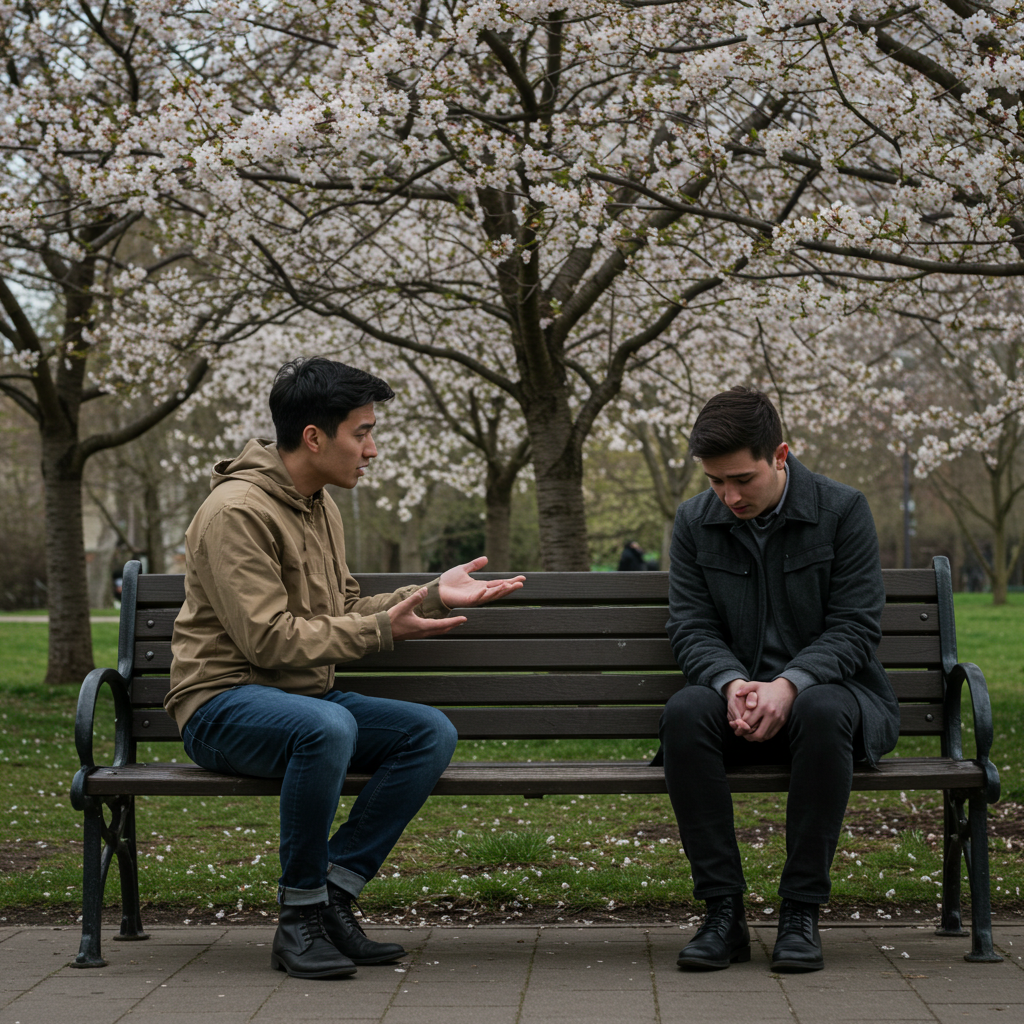
Communicating with Compassion
One theme in the comments was that OP did everything she could to be respectful. She explained her reasons calmly, expressed her love for her friend, and offered to help in smaller ways.
Sometimes, no matter how kindly you say it, people will still feel hurt. That doesn’t mean you’re wrong to stand by your limits.
The Myth of “Perfect Friendship”
Another insight: real friendships can survive disappointment. If your bond depends on you always sacrificing your needs, it may be time to re-evaluate the balance. Healthy relationships allow space for both parties to be honest about what they can—and can’t—do.
The Verdict: Was OP the Bad Guy?

After thousands of comments, the majority verdict leaned toward Not the Bad Guy. Most people agreed that being upfront about your capacity is better than making a promise you can’t keep. Still, it was clear that this choice came at a cost: a temporarily strained friendship and some hurt feelings.
Ultimately, the situation reminds us that there is no perfect way to navigate big life events. You can care deeply for someone and still say no. That doesn’t make you heartless—it makes you human.
Final Thoughts

Friendship and family often come with unspoken expectations that can feel impossible to meet. Whether it’s declining a wedding role, refusing to lend money, or saying no to a big favor, setting limits is never easy.
But true relationships are built on trust and mutual respect. If someone can’t accept your boundaries, that may say more about their expectations than your intentions.
